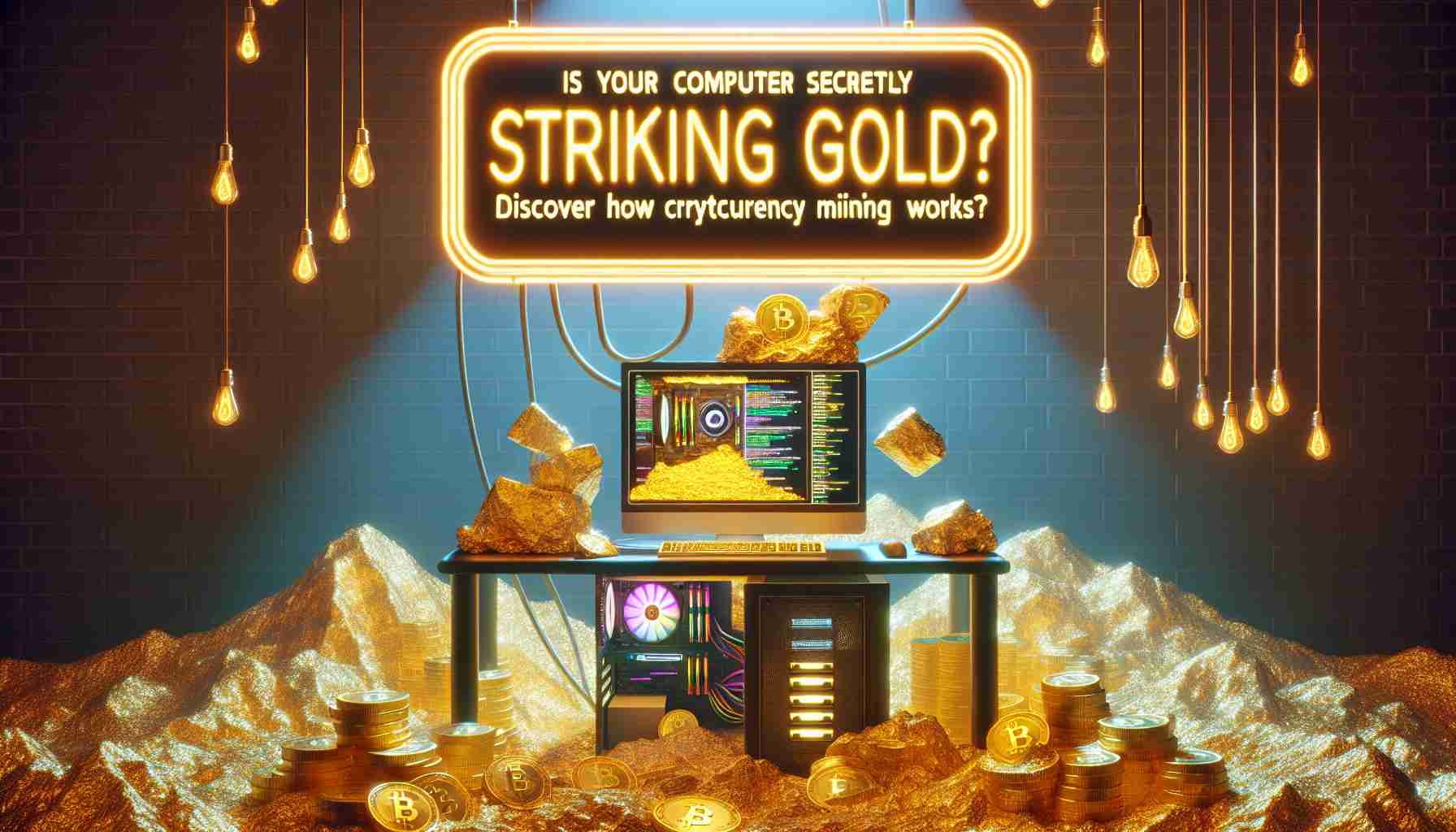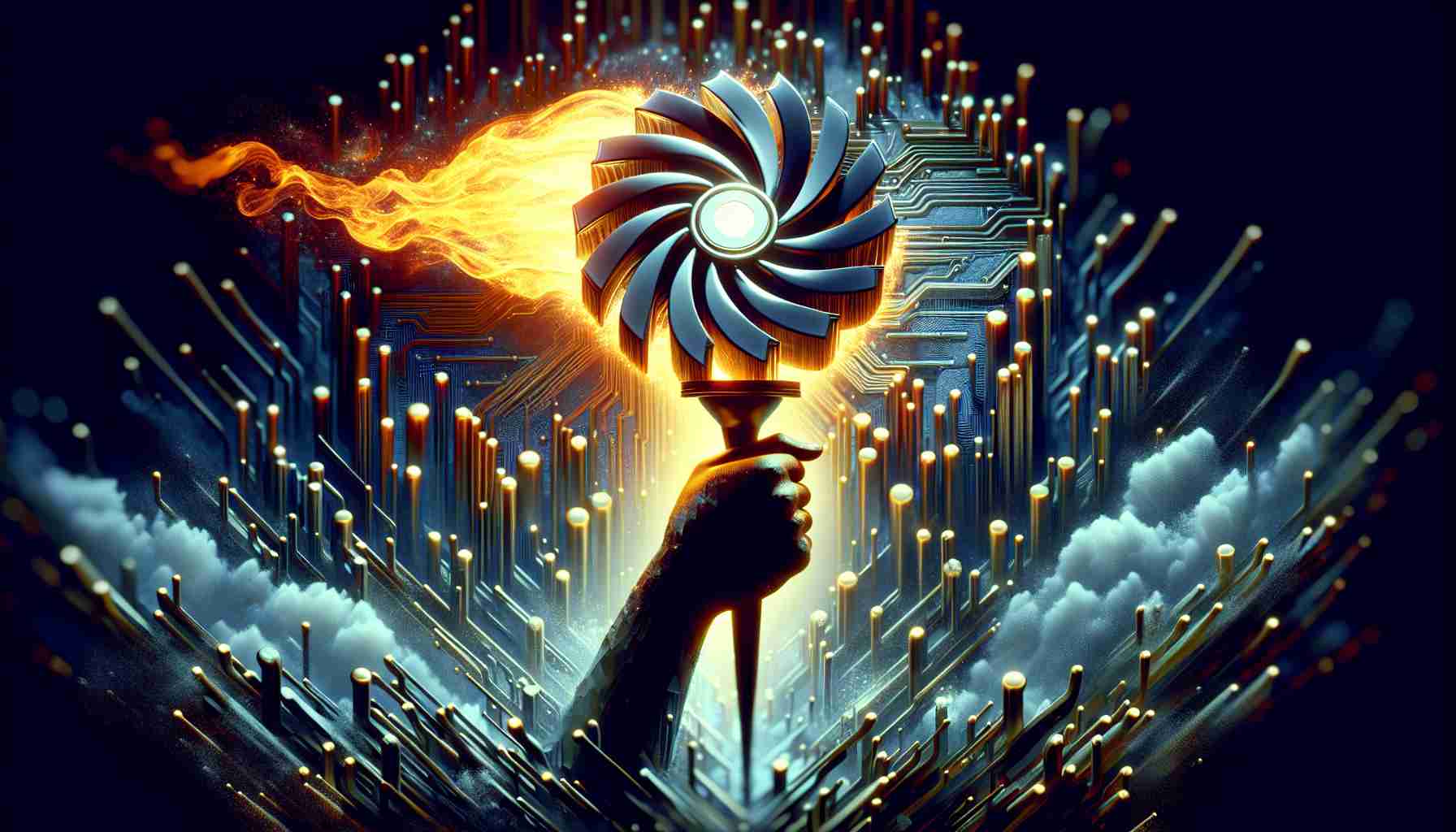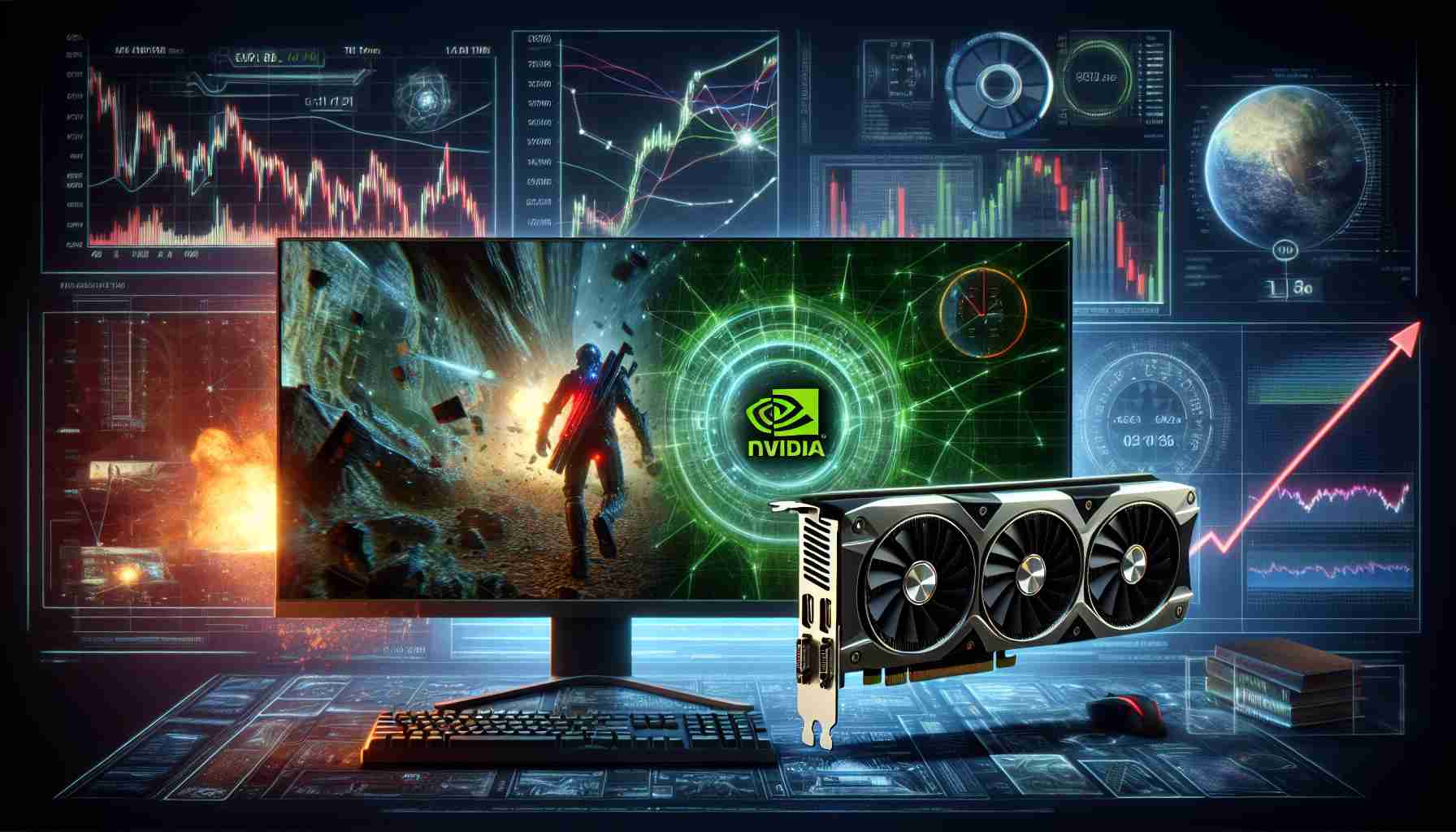In today’s digital age, cryptocurrency mining has captured the imagination of tech enthusiasts and investors alike. But what exactly is this buzz about, and why are people racing to mine cryptocurrencies?
At its core, cryptocurrency mining is the process of securing and verifying transactions on a blockchain, the underlying technology that powers digital currencies like Bitcoin and Ethereum. This process involves solving complex cryptographic puzzles using computer hardware. The first to solve these puzzles earns the right to add a new block to the blockchain and is rewarded with freshly minted cryptocurrency, like earning digital gold.
Unlike traditional mining, which physically extracts valuable resources from the earth, cryptocurrency mining relies on computation power. Specifically, miners utilize specialized computer hardware known as ASICs (Application-Specific Integrated Circuits) or powerful graphics cards. These machines run algorithms at incredible speeds, racing against one another to crack cryptographic codes and sealing transactions securely on the blockchain.
The competitive nature of mining ensures the security and integrity of the blockchain network, as malicious actors would need to outpace the combined computational power of the network to alter transaction records. This decentralized process forms the backbone of cryptocurrency networks, maintaining trust without a central authority.
Cryptocurrency mining also has substantial energy requirements. As mining operations grow, so does their electricity consumption, prompting ongoing debates about environmental impact. Understanding both the technological intricacies and ecological consequences of mining presents a fuller picture of its role in the digital economy.
In conclusion, while cryptocurrency mining might seem elusive and complex, it is a foundational aspect of how digital currencies operate, proving its significance in our evolving economic landscape.
The Hidden Cost of Cryptocurrency: Is Digital Gold Worth the Price?
In the glitzy world of cryptocurrency, mining has become a powerful force shaping modern economies while stirring environmental and ethical debates. Let’s dig deeper into the less-discussed dimensions of this digital rush.
Environmental Impact and Ethical Concerns: One of the most contentious issues surrounding cryptocurrency mining is its massive carbon footprint. Reports indicate that Bitcoin mining alone consumes an amount of electricity comparable to some small countries. This has sparked a heated debate: Is the pursuit of decentralized financial freedom worth the potential environmental toll? To counteract these concerns, some mining farms are exploring renewable energy alternatives to power their operations. However, the transition is complex, and critics argue that sustainable solutions are not being implemented fast enough.
Community Displacement and Resource Allocation: Mining farms often set up in regions with cheap electricity, sometimes displacing local communities. As electricity prices surge, local economies can suffer, disproportionately impacting low-income households. Critics argue that benefits seen by localities hosting these digital mines are outweighed by associated costs.
Embracing Innovation or Exploiting Loopholes?: Is mining encouraging technological innovation or simply exploiting regulatory grey areas? Advocates claim that the process drives advancements in computing technology and energy efficiency. Yet, the absence of global regulations raises questions about accountability and market fairness.
Advantages and Disadvantages: While mining ensures the operational integrity of cryptocurrencies, it also centralizes power, favoring those with the resources to maintain large-scale operations. Is decentralization truly achieved when wealth disparity affects entry into mining?
Explore More: For further insights, visit CoinDesk and Guardian to stay updated on cryptocurrency trends and controversies.
Cryptocurrency mining’s impact is profound, touching lives and environments worldwide. As we venture further into this digital age, how will society balance innovation with responsibility?




















